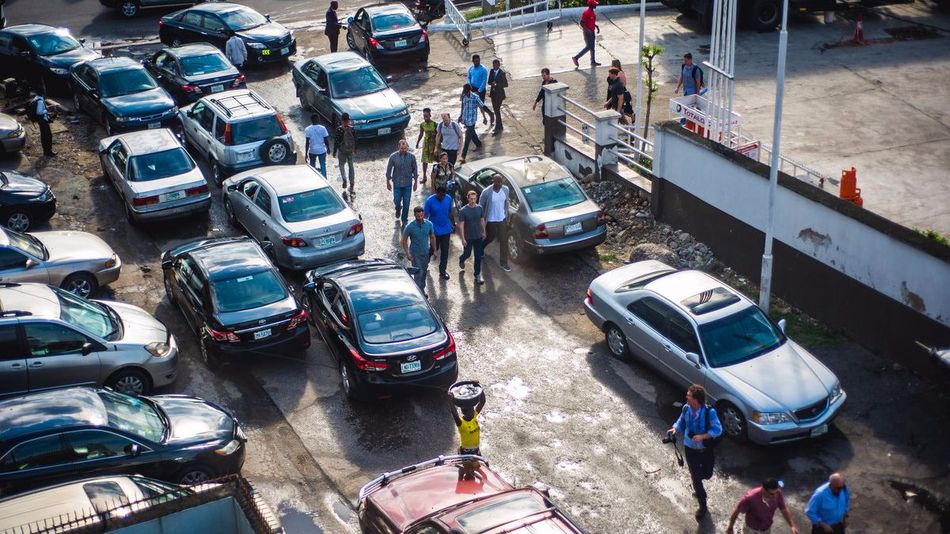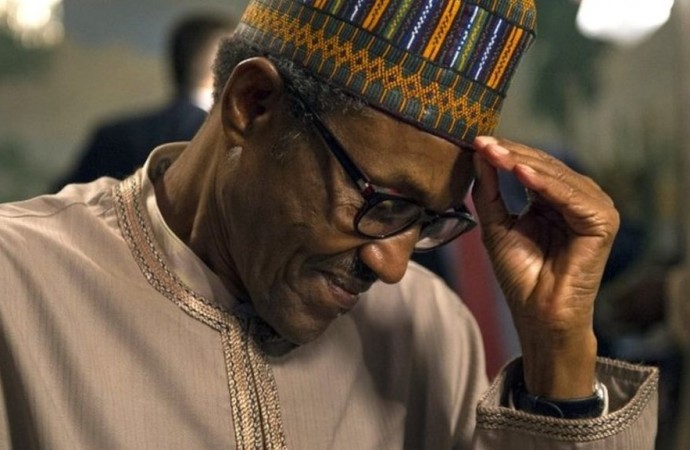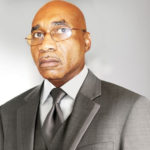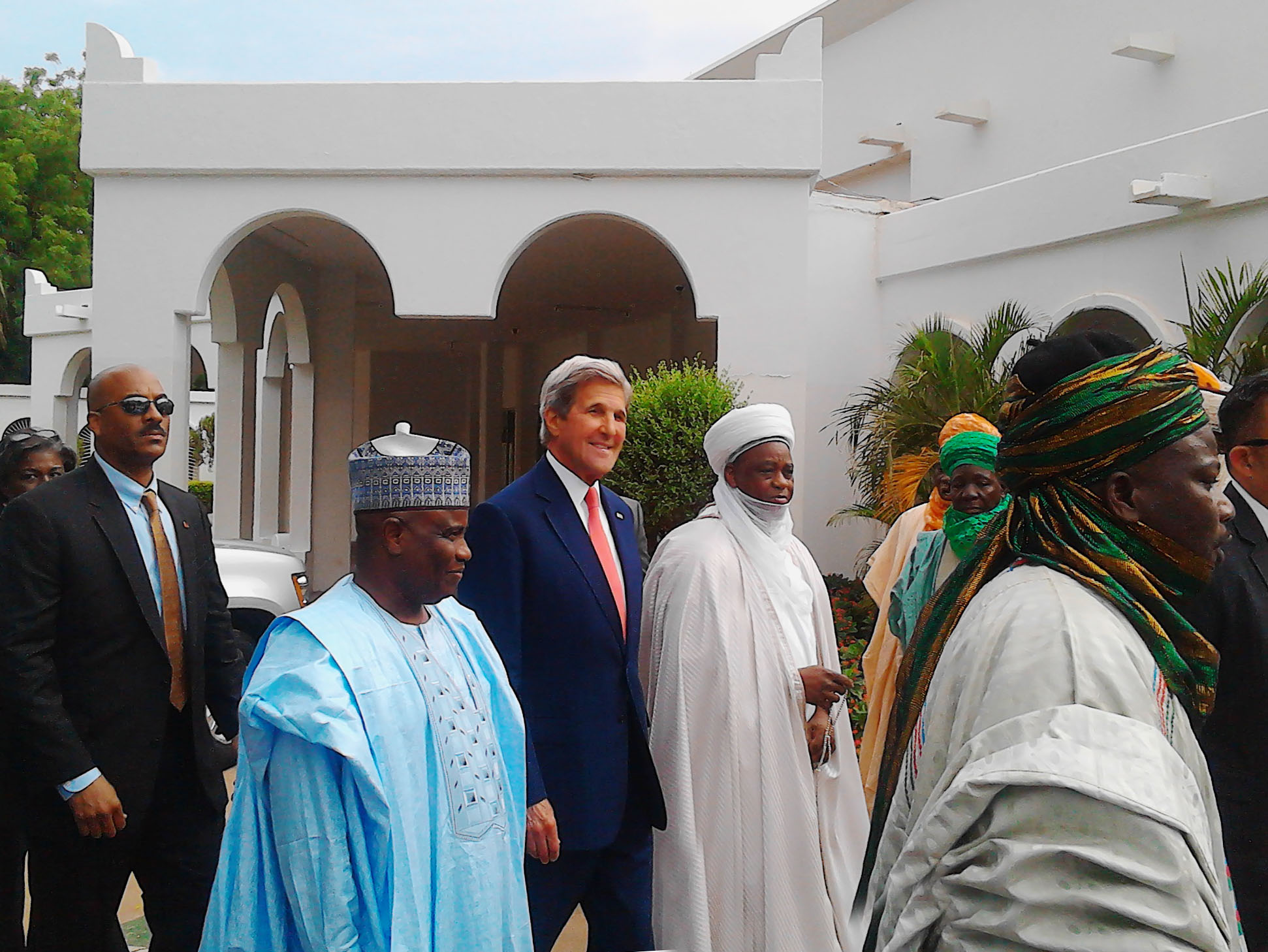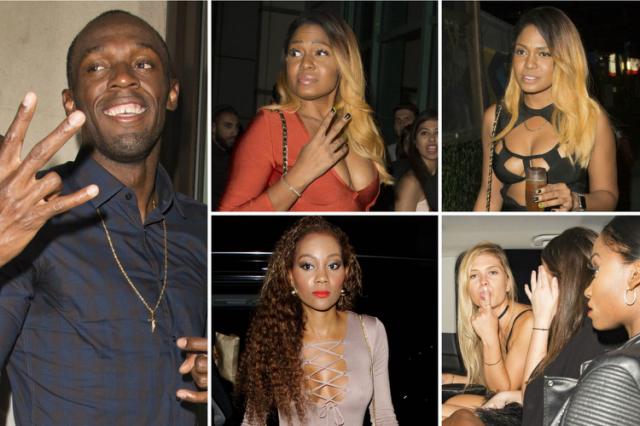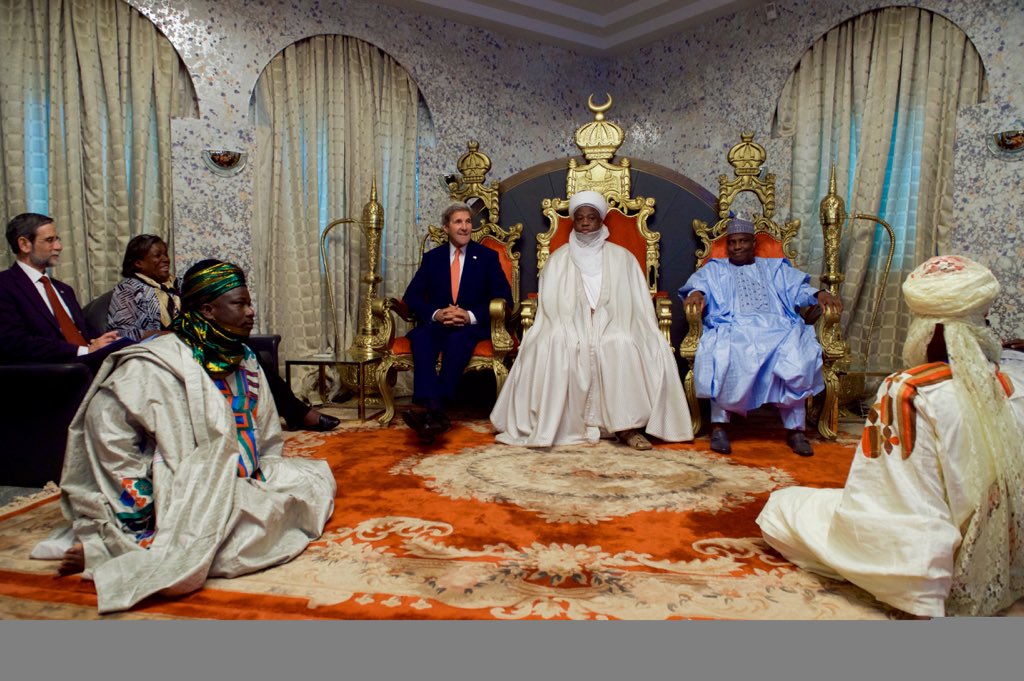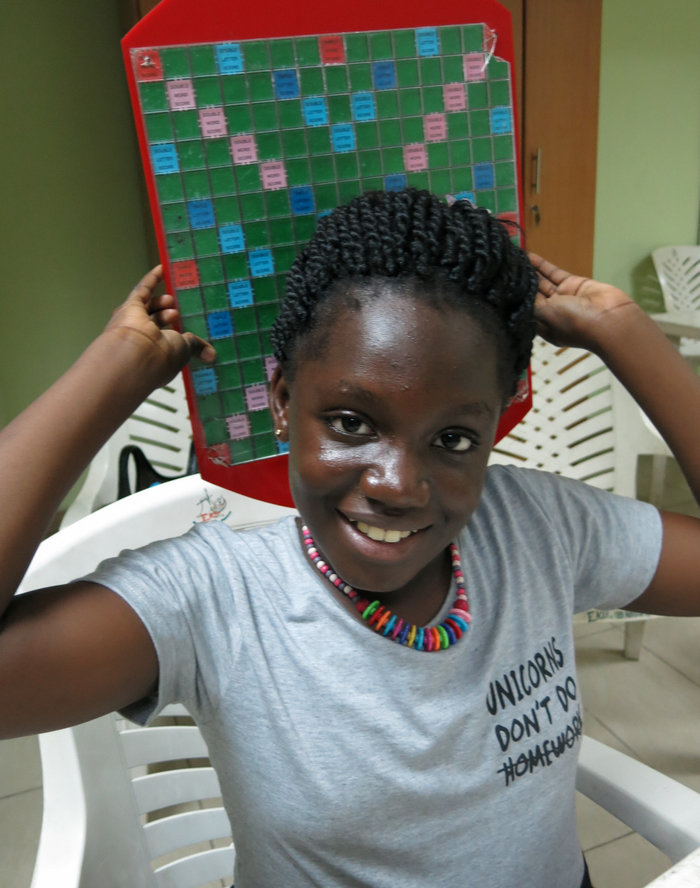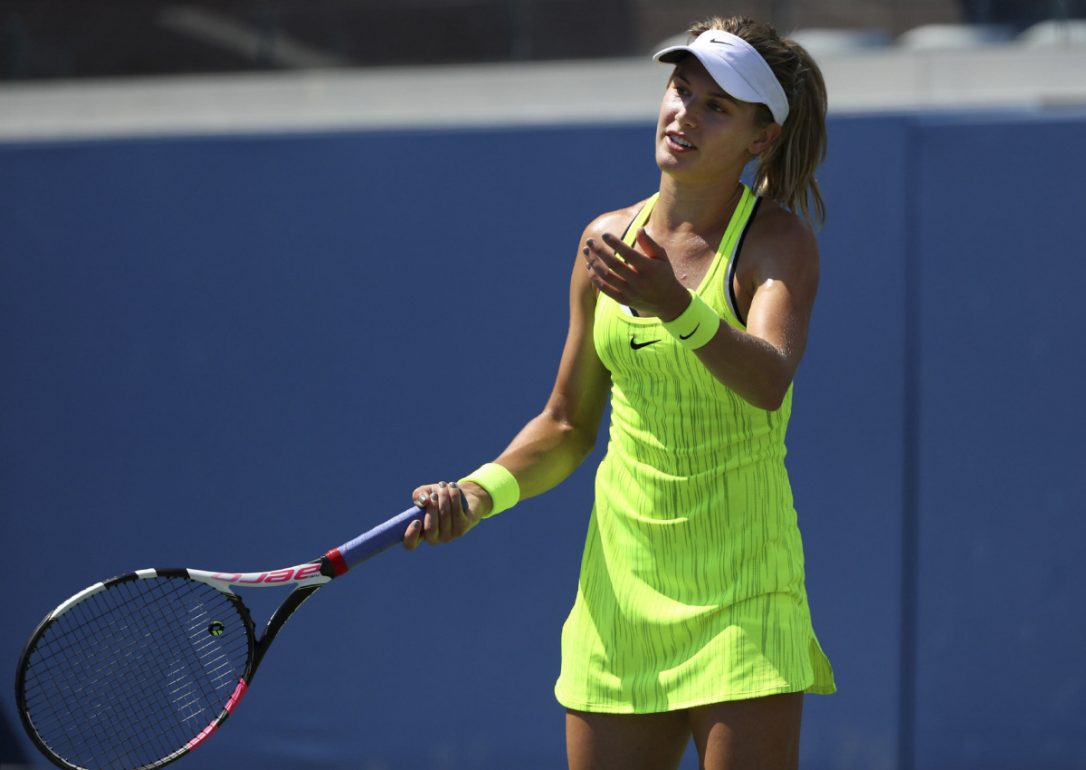
Eugenie Bouchard wrung her hands at her post-match news conference. She rubbed her lower lip. She squeezed her left arm.
While her body language screamed discomfort Tuesday, when the main topic of discussion was Bouchard’s ongoing lawsuit against the U.S. Open rather than her first-round loss, her words were measured. The once rising star answered every question.
A year ago at Flushing Meadows, Bouchard got a concussion from a fall at the facility and withdrew before playing in the fourth round, and then missed most of the rest of the season. She filed suit against the U.S. Tennis Association in U.S. District Court in Brooklyn in October, and that case is still pending, putting the 2014 Wimbledon runner-up in the odd position of competing this week at an event whose organizers she is suing.
“If I sit down and think about it, yeah, it’s definitely a strange situation. But it’s something that’s so far in the back of my mind. I don’t think about it on a daily basis, at all. I have people, lawyers, working on that side of it,” Bouchard said. “So it’s really not something I think about much at all. Obviously, being here, it’s crossed my mind. But besides that, I mean, it has nothing to do with my day-to-day life.”
Her 6-3, 3-6, 6-2 exit against 72nd-ranked Katerina Siniakova of the Czech Republic, a player who only once has been as far as the third round at a major tournament, was filled with 46 unforced errors by Bouchard, who also was treated for blisters on her feet. It represented the latest early loss for a 22-year-old Canadian who reached three Grand Slam semifinals two years ago — and none since.
In other first-round action on Day 2 at the year’s last Grand Slam tournament, Serena Williams started her bid for a record-breaking 23rd major title by showing zero signs of trouble from a right shoulder she’s said was sore, hitting 12 aces in a 6-3, 6-3 victory over Ekaterina Makarova. Also under the lights: Andy Murray got off to a similarly easy beginning to his attempt to become the fourth man in the Open era to reach all four Grand Slam finals in a single season.
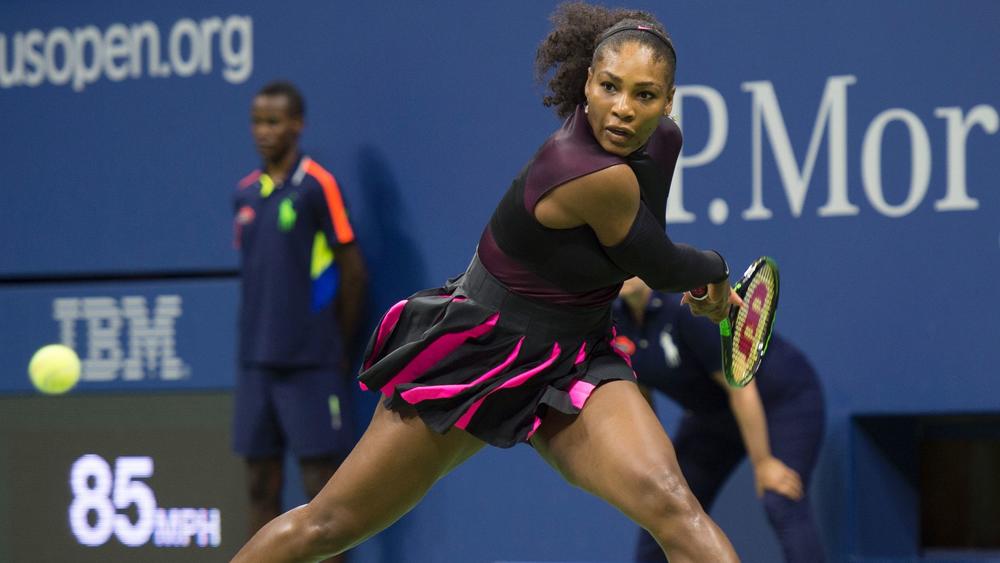
The 2012 champion at Flushing Meadows and seeded No. 2 this year, Murray beat Lukas Rosol 6-3, 6-2, 6-2. Murray lost to No. 1 Novak Djokovic in the finals of the Australian Open in January and French Open in June, and then won his second Wimbledon title last month.
Earlier, Williams’ sister Venus got through a tougher-than-expected 6-2, 5-7, 6-4 win against Kateryna Kozlova.
“It was great to be challenged and to be pushed,” said the 36-year-old Venus, a two-time U.S. Open champion, “because I had to get in those situations that you know you’re going to face in the tournament.”
There were various upsets around the grounds during the afternoon, including 19-year-old American Jared Donaldson’s 4-6, 7-5, 6-4, 6-0 elimination of 12th-seeded David Goffin, and a loss by No. 29 Sam Querrey, who stunned Djokovic at Wimbledon. Three seeded women departed, including former No. 1 and 2008 French Open champion Ana Ivanovic.
When she was at her peak, and a seeded player, an early major loss by Bouchard was rather newsworthy. Her up-and-down 2015 and 2016 have changed that, in part because she is ranked only 39th now, after a best of No. 5.
She lost 14 of 17 matches leading into the 2015 U.S. Open but, after working a bit with Jimmy Connors, appeared to be back on the upswing in New York by reaching the fourth round. Then came her slip-and-tumble, and the concussion diagnosis, and she pulled out of what would have been a matchup against eventual runner-up Roberta Vinci.
It took her until January to return to the tour full-time.
“I didn’t feel like, on the court, I was back to where I was,” Bouchard said Tuesday, meaning that her level of play wasn’t at its peak at the start of 2016. “But physically, since the beginning of the year, I’ve been feeling good.”
USTA spokesman Chris Widmaier said the organization would not comment on the “substance” of litigation.
“However, it is truly unfortunate that a year after her accident, Genie’s focus is on matters other than playing to her best ability,” Widmaier said, noting that Bouchard’s lawyers asked for an extension of the case.
He said the USTA “has remained ready, willing and able to bring the litigation to a conclusion as expeditiously as is possible, whether through settlement discussions or a fully litigated process.”
Widmaier added that the lawsuit “had no impact on how Genie was treated at the U.S. Open in any manner.”
Bouchard’s coach, Nick Saviano, was asked whether her ability to play tennis Tuesday had been affected at all by any possible distractions created by the lawsuit.
“I can’t really speak to that,” Saviano said. “She was in a good frame of mind coming in. She went out, she was ready to play, and the other girl played well.”
Associated Press

